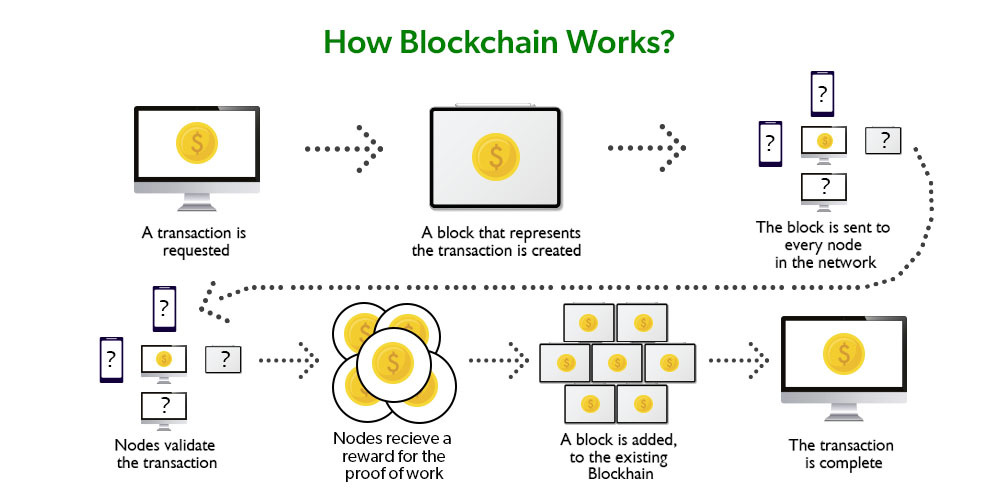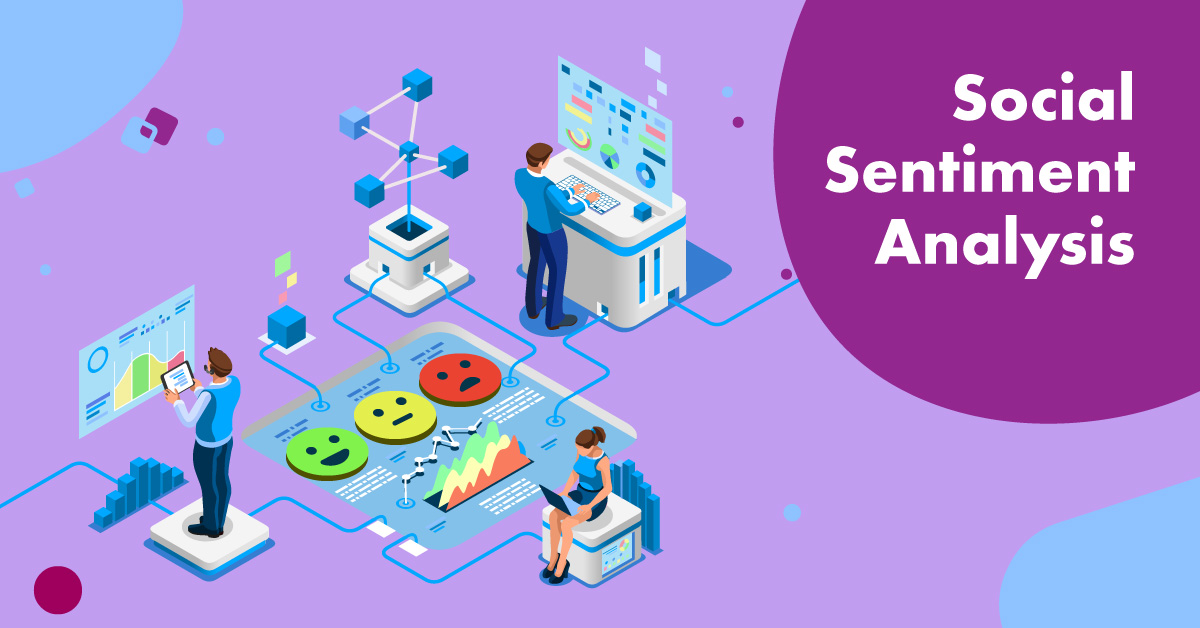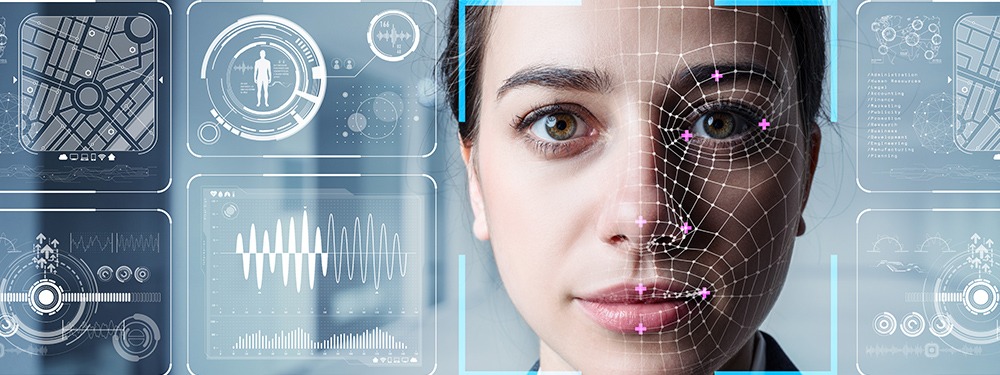After taking the finance and business sector by storm, Blockchain applications in healthcare are now all set to radicalize the healthcare industry. Ever since its inception, there’s been a massive buzz around the concept of blockchain and after witnessing excellent results that blockchain technology has brought about for the Finance sector, healthcare giants cannot help but think of ways to incorporate applications of blockchain in healthcare. In fact, blockchain has already started penetrating the industry, and there are numerous Blockchain applications in healthcare to account for this statement.
Learn Software Engineer Courses from the World’s top Universities. Earn Executive PG Programs, Advanced Certificate Programs or Masters Programs to fast-track your career.
What is Blockchain and How Does it Work?

Imagine a public record of transactions like a giant spreadsheet, but instead of being stored on one server, copies are spread across many computers. That's blockchain! Each transaction gets grouped into a "block," and these blocks are chained together with unique fingerprints, making it nearly impossible to tamper with any data. This creates a secure, transparent, and decentralized system for recording anything valuable, from money to contracts.
Blockchain leverages well-established cryptographic techniques to facilitate communication among network participants without requiring prior trust. Unlike traditional systems, there is no central authority governing the blockchain. Instead, all participants maintain and share transaction records.
Interactions with the blockchain and healthcare are transparent to all parties, and any information addition necessitates network verification. This characteristic enables trustless collaboration between participants while creating an unchangeable audit trail of all transactions.
While the chained blocks allow you to store different data types, the transaction is one of its common forms, including financial records and product inventories.
How Blockchain Improves Electronic Health Record Systems?

Enhanced Security: Unlike traditional centralized systems, blockchain stores EHRs in a distributed ledger, making them tamper-proof and nearly impossible to hack. This can significantly reduce the risk of data breaches and unauthorized access.
Improved Interoperability: Different healthcare providers often use incompatible EHR systems, hindering information sharing. Blockchain's standardized platform can enable seamless data exchange between providers, improving care coordination and reducing medical errors.
Empowered Patients: Blockchain puts patients in control of their health data. They can grant, revoke, or track access, ensuring privacy and transparency. This empowers them to participate actively in their healthcare decisions.
Streamlined Administration: Blockchain can automate administrative tasks like billing and insurance claims, reducing paperwork and saving time for healthcare professionals.
Research Opportunities: Secure and anonymized patient data on the blockchain can facilitate medical research, leading to faster development of new drugs and treatments.
Why Blockchain for Healthcare?
Addressing Key Pain Points:
Fragmented System: Healthcare data is often siloed across various providers, hindering timely and accurate information sharing. Blockchain's decentralized nature allows secure data exchange, improving care coordination and reducing medical errors.
Data Privacy Concerns: Patients have growing concerns about their data security. Blockchain's tamper-proof ledger and patient-controlled access empower individuals and build trust.
Inefficiencies and Costs: Administrative tasks like billing and claims processing are tedious and costly. Blockchain can automate these, streamlining workflows and saving resources.
Additional Benefits:
Enhanced Research: Secure and anonymized data on the blockchain can fuel valuable medical research, leading to faster development of drugs and treatments.
Counterfeit Drug Tracking: Blockchain can track the medicine supply chain, reducing the risk of counterfeit drugs and ensuring patient safety.
Clinical Trial Management: Secure and transparent recording of clinical trial data can improve their efficiency and reliability.
However, it's not a silver bullet:
Challenges remain: Regulatory compliance, scalability, and ensuring equitable access to technology need careful consideration.
Not a single solution: Blockchain works best in conjunction with existing healthcare systems and requires collaboration from various stakeholders.
Clear benefits that Blockchain provides
Blockchain shines with several clear benefits. Its security and immutability sayesinde, altering data is almost impossible, making it ideal for securing financial transactions, tracking goods, safeguarding medical records, and ensuring voting integrity. Transactions are transparent and traceable, creating clear audit trails that benefit public records, business contracts, intellectual property protection, and food safety monitoring. Decentralization removes the need for middlemen, reducing costs, increasing system resilience, and empowering individuals with more control over their data. Finally, smart contracts automate agreements, streamlining processes, minimizing errors, and boosting efficiency. While challenges like scalability and regulation exist, blockchain's unique advantages position it to revolutionize various industries.
Shaping The Blockchain Future
Shaping the blockchain future is a collaborative effort, weaving together innovation and responsibility. Key threads include bridging the gap between traditional systems and decentralized networks, ensuring equitable access and ethical implementation, and addressing scalability and sustainability concerns. Building secure and interoperable platforms alongside robust regulatory frameworks will be crucial. Ultimately, the collective vision aims to leverage blockchain's potential to empower individuals, streamline processes, and foster trust in a transparent and secure digital realm.
For more information contact : support@mindnotix.com
Mindnotix Software Development Company


 AI-Taxi App
AI-Taxi App AI-Food App
AI-Food App AI-Property Mgmt App
AI-Property Mgmt App AI-CRM
AI-CRM AI-Fantasy App
AI-Fantasy App
 Web Development
Web Development App Development
App Development Business & Startup
Business & Startup Hire Developer
Hire Developer
 Digital Marketing
Digital Marketing Lead-generation
Lead-generation Creative Agency
Creative Agency Branding Agency
Branding Agency Augmented Reality
Augmented Reality Virtual Reality
Virtual Reality Internet of Things
Internet of Things Artificial Intelligence
Artificial Intelligence Blockchain
Blockchain Chatbot
Chatbot



